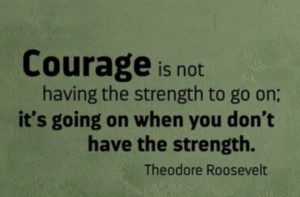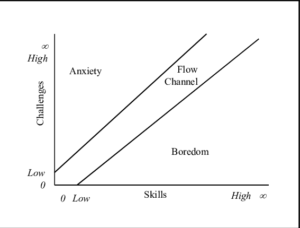
Sometimes, Precision Matters
There are some language specifics that we’re pretty attentive to in therapy, like “always” and “never” – we catch those pretty regularly. But sometimes, there’s a big difference inside a small difference in language, and therapy is a place where we should really be mindful of some of those, too:
- An “excuse” and an “explanation” are the same thing, except that an excuse says “and that makes it ok” at the end.
- “Can’t” implies that you are unable (dismisses all internal locus of control). “Won’t” implies that you are unwilling (dismisses all external locus of control). “Don’t” implies neither and leaves the topic open for lots of curiosity. “Haven’t” is similar to don’t, but with even more future optimism.
- “Feel” and “Feel like” – unless an analogy is coming next (e,g., I feel the first bird awake on a spring morning, I feel like a bull in pen that’s too small), “feel like” is pretty much always follow by a thought, not a feeling!
- The difference between “escape” and “self care” is whether you’re avoiding stressors or doing proactive coping.
- When talking about the past, I “should have” (as in I should have known, I should have acted differently) is usually more accurately stated as “I wish I had”
Comment below: What other small language changes have made a big difference in your practice?






